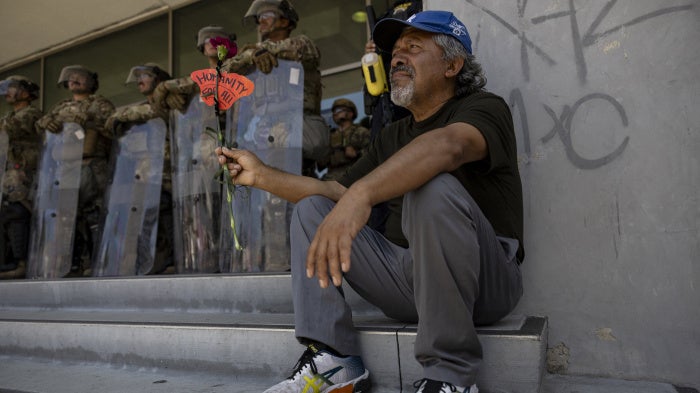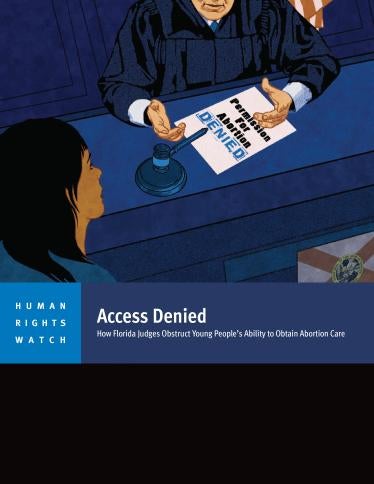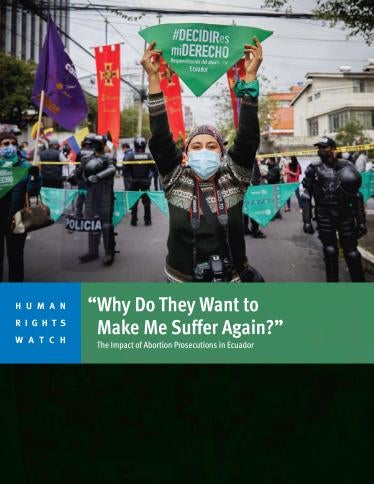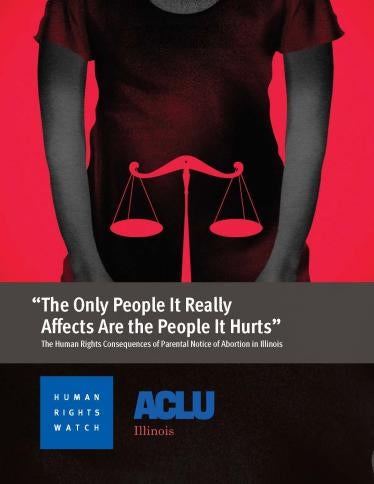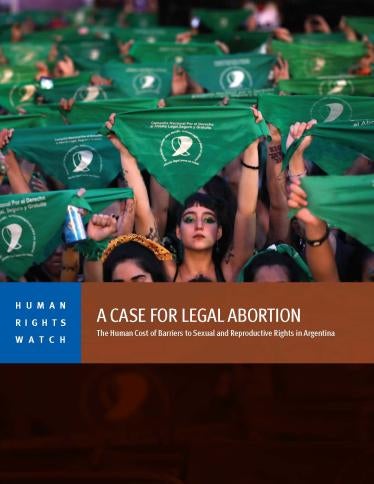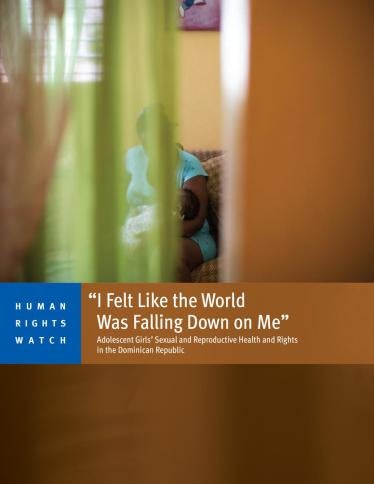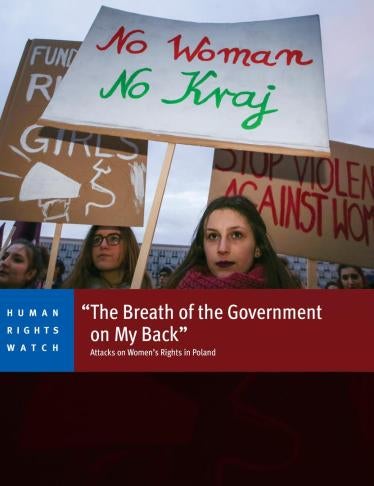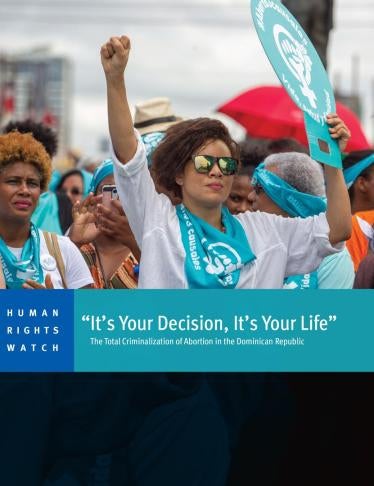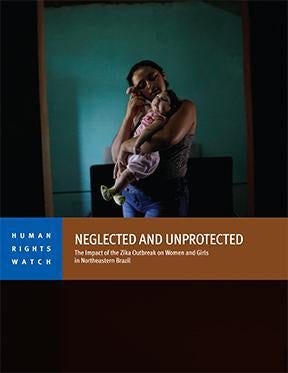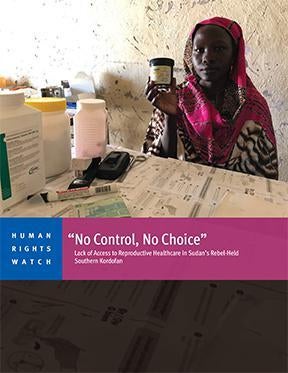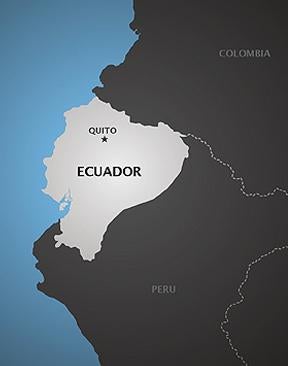Whose Abortion Is It?
The Harms of State-Mandated Parental Notification for Abortion and Judicial Bypass in the United States
The 89-page report, “Whose Abortion Is It? The Harms of State-Mandated Parental Notification for Abortion and Judicial Bypass in the United States,” documents how state-mandated parental notification laws in six US states threaten young people’s health and safety and undermine their human rights. Most young people considering abortion involve a parent in their decision. Those who do not often have no access to a parent or fear that parental involvement will lead to severe consequences, such as physical abuse, loss of housing, family alienation, or forced continuation of a pregnancy against their wishes. The alternative to notifying a parent involves petitioning a judge for a court order in an invasive, stressful, and often traumatizing process called “judicial bypass.”


